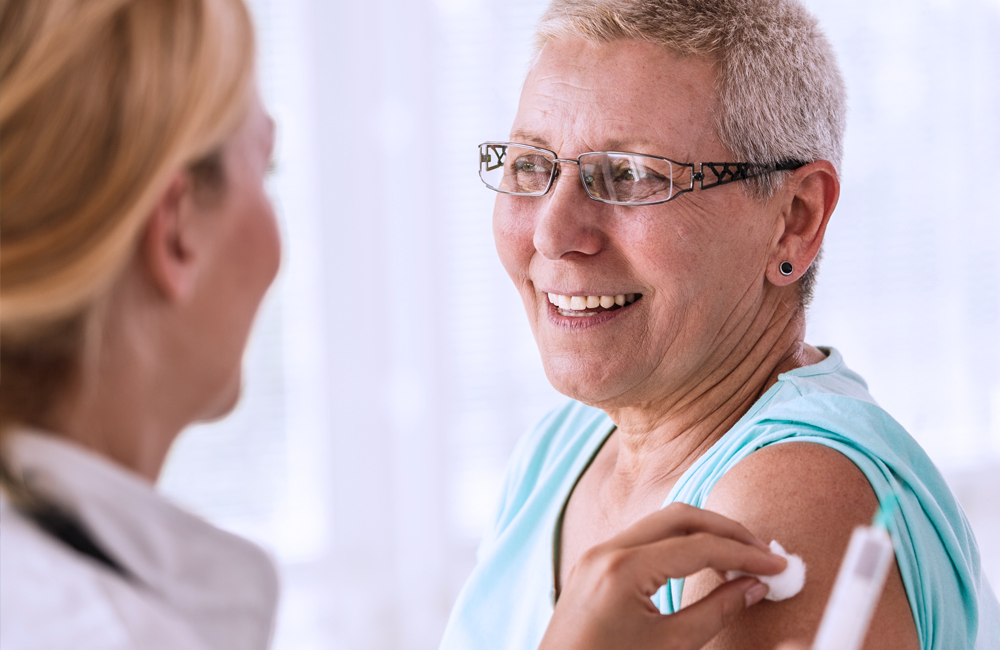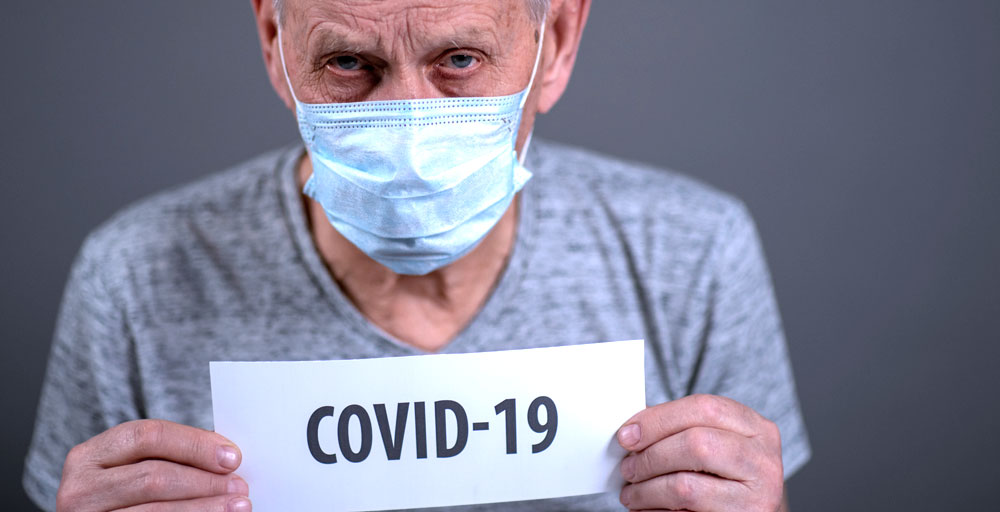
With all the media attention around COVID-19, it’s easy to forget about the importance of getting your yearly flu jab. While getting your flu vaccine won’t prevent you from getting COVID-19, it will reduce your risk of getting influenza, which has similar early symptoms and kills over 3,000 Australians each year.
Here’s what you need to know:
1. What is influenza?
Influenza (the flu) is a highly contagious viral infection that kills thousands of people around the world every year. The flu is spread through body fluids, usually in the form of coughs and sneezes. It can cause severe illness and can lead to pneumonia. Common symptoms of the flu include; a high fever, a dry cough, body aches and feeling extremely tired. You might also experience headaches, a runny or stuffy nose, a sore throat and a loss of appetite.
2. What is the flu vaccine?
The influenza vaccine is a specific vaccine that helps you to avoid being infected with the influenza virus. While it does not provide a 100% protection from the flu, it does greatly reduce your chances of getting it.
Getting the flu vaccine is important because the flu can cause serious illness in many people. Even if you are not in a high-risk category for the flu, there are probably people in your life (such as children, the elderly or those with chronic health issues) who would benefit from you not being infected. Even if you are not feeling sick, you might still be infected and pass it on to other people.
3. How does the vaccine work?
Getting the flu vaccine means that even if you do get the flu, you will probably only get a mild form of it. People who are vaccinated against the flu either don’t get it at all, or tend to get a mild dose and recover faster with fewer serious complications.
The flu vaccine works by activating your immune system to produce antibodies. Antibodies are special cells which can kill a virus when it enters your body. If you have the flu vaccine and then come into contact with the virus, your body will recognise the virus and use these antibodies to fight it off.
4. Who should get it?
Everyone should get an annual flu vaccine. If you are pregnant, over 65, an Aboriginal or Torres Strait Islander, or have a chronic disease it’s especially important to get vaccinated. Children should also get vaccinated every year.
5. Where to get it
You can get a flu vaccination from DPV Health Medical Centres for a small cost.
It’s free for some people
The Australian Government provides free flu vaccinations to people who are most at risk of developing complications from the flu. These are issued through the National Immunisation Program (NIP). Talk to your doctor about whether you are eligible to use this free service.
The NIP Schedule provides free flu vaccinations for:
- Aboriginal and Torres Strait Islander people aged 6 months and older
- all children aged between 6 months and 5 years
- people aged 6 months and older with certain health conditions (such as heart disease, diabetes, kidney disease and asthma)
- people aged 65 years and older
- pregnant women (at any stage of their pregnancy).
Click here to download the latest information on flu vaccination 2022.

6. Why do I need a flu vaccine every year?
A person’s immune protection from vaccination declines over time, so an annual vaccine is needed for optimal protection. Secondly, flu viruses are constantly changing, flu vaccines may be updated from one season to the next to protect against the viruses that research suggests may be most common during the upcoming flu season.
7. What about COVID-19 and social distancing?
COVID-19 and influenza are different things, and the flu vaccine will not protect you against COVID-19. However, all Australians are being urged to get their flu vaccinations in order to reduce the chances of having both the flu and COVID-19.
While Australians are being encouraged to stay home, you are still allowed to go to the doctors or your local pharmacy. GP clinics and pharmacies across Australia are implementing strict social distancing and hygiene rules in order to improve your safety when you visit.
What’s next?
Call our Medical Centres in Mill Park or Broadmeadows to arrange your vaccination. Call: 1300 234 263 or via online by clicking here
Related pages:
[1] https://www.betterhealth.vic.gov.au
[2] https://www.health.gov.au/health-topics/immunisation/immunisation-throughout-life/national-immunisation-program-schedule




 Language
Language
